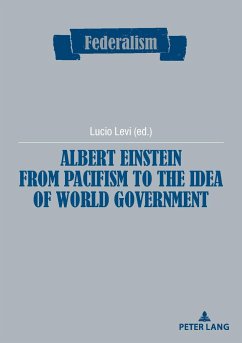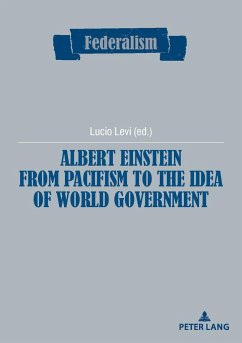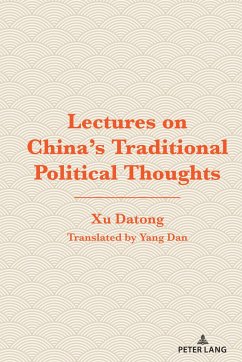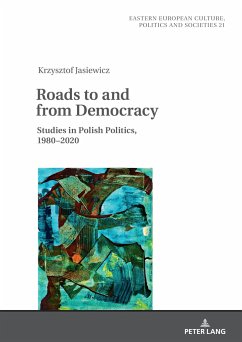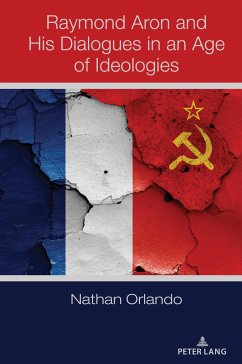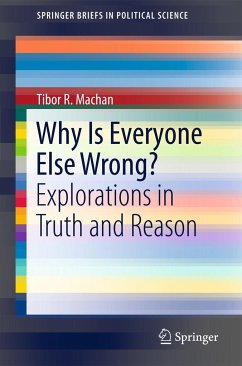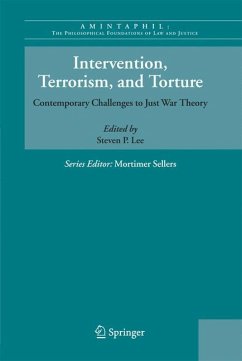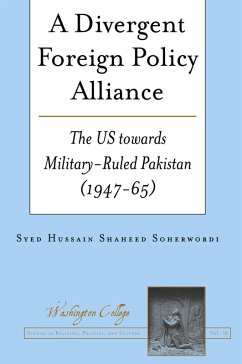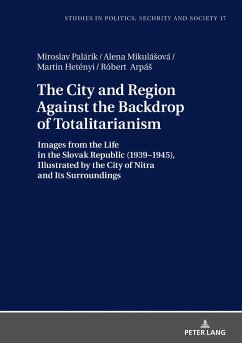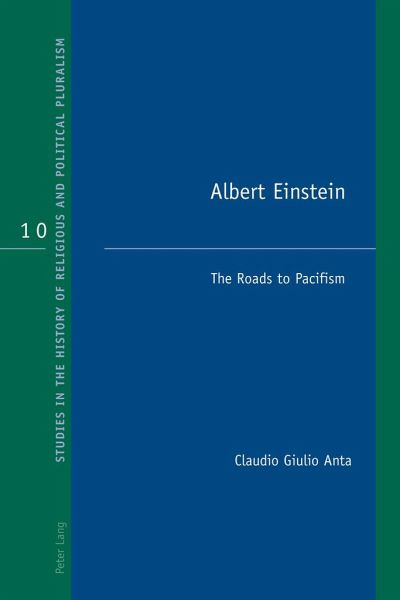
Albert Einstein
The Roads to Pacifism
Versandkostenfrei!
Versandfertig in 6-10 Tagen
80,20 €
inkl. MwSt.
Weitere Ausgaben:

PAYBACK Punkte
0 °P sammeln!
Albert Einstein (1879-1955) is universally known as the father of the theory of relativity; however, he was also one of the most eminent pacifists of the first half of the twentieth century. Through his active, pragmatic and nuanced breed of pacifism, he sought to confront the dilemmas and problems stemming from the unstable political conditions of his time: the beginning of the Great War, the creation and failure of the League of Nations, the emergence of totalitarian regimes, the outbreak of the Second World War, the dawn of the Atomic Age, the escalation of the Cold War, the establishment o...
Albert Einstein (1879-1955) is universally known as the father of the theory of relativity; however, he was also one of the most eminent pacifists of the first half of the twentieth century. Through his active, pragmatic and nuanced breed of pacifism, he sought to confront the dilemmas and problems stemming from the unstable political conditions of his time: the beginning of the Great War, the creation and failure of the League of Nations, the emergence of totalitarian regimes, the outbreak of the Second World War, the dawn of the Atomic Age, the escalation of the Cold War, the establishment of the United Nations with its apparent institutional weakness and the need for a world government. His reflections on the subject of peace led him into dialogue with the most prestigious figures of the political and cultural world: from Romain Rolland to Bertrand Russell via Georg Friedrich Nicolai, Sigmund Freud, King Albert I of Belgium, Léo Szilárd, Emery Reves and Franklin Delano Roosevelt (amongst others). This dialogue is further emphasized by the book's final section, an anthology of Einstein's writings and speeches, which significantly enriches this study.





